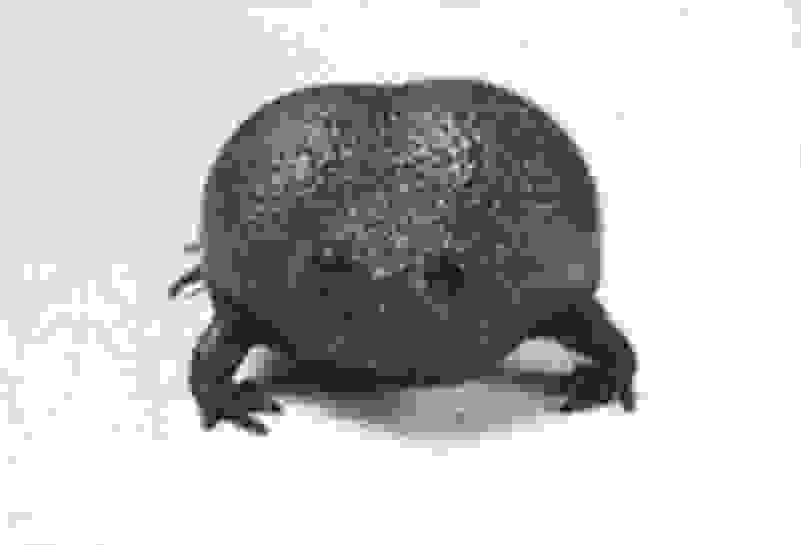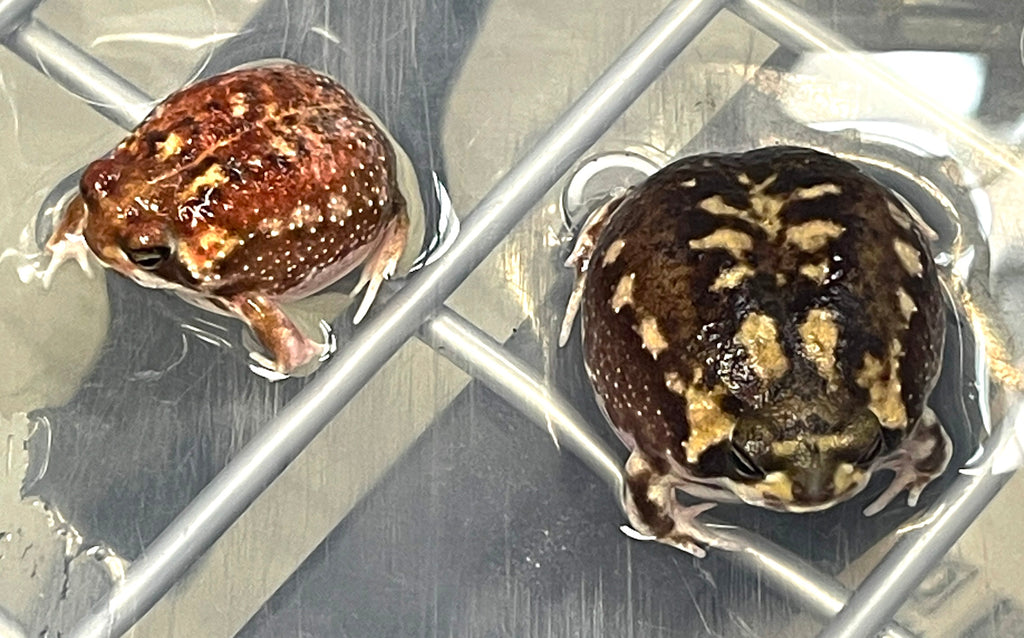Common Wellness Issues in Reptiles: Signs And Symptoms and Solutions
In the elaborate world of reptile care, understanding the common health issues that might influence these one-of-a-kind animals is extremely important in guaranteeing their wellness. From breathing infections that can quietly hold to metabolic bone conditions that can disable, reptiles are prone to a variety of conditions that require eager monitoring and prompt intervention. Whether it's facing parasitical invasions, navigating dehydration concerns, or addressing skin disorders that materialize in subtle ways, being in harmony with the signs and furnished with the knowledge of reliable remedies is necessary for any type of reptile owner. By diving even more right into the subtleties of these health concerns and checking out the useful solutions offered, one can safeguard the health and wellness and vitality of these remarkable pets.
Respiratory System Infections
Respiratory infections in reptiles can significantly impact their total wellness and need timely attention from seasoned vets. In reptiles, breathing infections can be particularly testing to identify and treat due to their unique makeup and physiology.
Therapy for breathing infections in reptiles usually involves a mix of helpful care, such as keeping appropriate moisture levels and temperature level gradients in the enclosure, along with targeted medicine to resolve the certain microorganism responsible for the infection. It is vital for reptile owners to check their pets carefully for any kind of indications of respiratory distress and look for vet care at the earliest sign of a problem. With prompt intervention and appropriate therapy, many reptiles can recoup fully from respiratory system infections and resume regular activities.

Metabolic Bone Disease
What factors add to the growth of Metabolic Bone Disease in reptiles?
Metabolic Bone Condition (MBD) in reptiles is largely created by a lack of proper calcium, phosphorus, and vitamin D3 degrees in their diet regimen. Additionally, inadequate exposure to UVB light prevents reptiles from synthesizing vitamin D3, which is crucial for calcium absorption and bone health.
Inadequate humidity degrees can also influence a reptile's capability to metabolize calcium effectively. Routine veterinary examinations, proper husbandry techniques, and a balanced diet regimen are vital to prevent Metabolic Bone Condition in reptiles.
Parasitic Infestations
Parasitic infestations posture a considerable health danger to reptiles, affecting their general well-being and needing prompt veterinary interest. Reptiles can be affected by different parasites, consisting of mites, ticks, interior worms, and protozoa. These bloodsuckers can cause a variety of signs and symptoms, such as weight loss, lethargy, skin irritability, looseness of the bowels, and even death if left unattended.
One typical bloodsucker found in reptiles is the mite, which can trigger skin inflammation, stress and anxiety, and anemia. Ticks are an additional exterior bloodsucker that can trigger and transfer conditions pain to the reptile. Inner parasites like worms and protozoa can result in digestion concerns, lack of nutrition, and weaken the reptile's immune system.
To web link diagnose a parasitic infestation, a veterinarian may carry out fecal tests, skin scrapings, or blood examinations. Treatment typically includes deworming medicines, antiparasitic bathrooms, or in serious situations, hospitalization. Preventative procedures such as routine veterinary check-ups, proper hygiene, and quarantine treatments for brand-new reptiles can assist lessen the danger of parasitic infestations and ensure the well-being of reptile pets.
Dehydration and Hydration Issues
Dehydration in reptiles can substantially impact their wellness and wellness, necessitating prompt intervention and suitable hydration management. If left neglected, dehydration can lead to serious health and wellness issues and also be fatal to the reptile.
To protect against dehydration, reptile owners should make certain that their animals have accessibility to clean water in all times. The water dish need to be large sufficient for the reptile to take in if needed, specifically for species that take in water via their skin. Furthermore, preserving correct humidity degrees in the reptile's unit and offering normal bathrooms can help stop dehydration.
In cases of dehydration, it is critical to seek veterinary treatment without delay. A veterinarian may carry out liquids either orally or with shots to rehydrate the reptile. It is important to attend to the underlying root cause of dehydration to avoid reoccurrence and make certain the reptile's overall wellness.
Skin Disorders

Verdict

Breathing infections in reptiles can considerably influence their general health and need prompt interest from experienced vets (rain frog for sale). Preventative measures such as normal veterinary examinations, correct hygiene, and quarantine treatments for new reptiles can assist minimize the danger of parasitical infestations and make certain the well-being of reptile family pets
If left neglected, dehydration can lead to significant health problems and also be fatal to the reptile.
Consistently inspecting your reptile for any type of changes in skin appearance, appearance, or color can help in very early discovery and treatment of skin ailments, promoting the general wellness and More hints well-being of your scaly buddy. - rain frog for sale
In final thought, reptiles are susceptible to numerous wellness issues such as breathing infections, metabolic bone illness, parasitical problems, dehydration, and skin disorders.